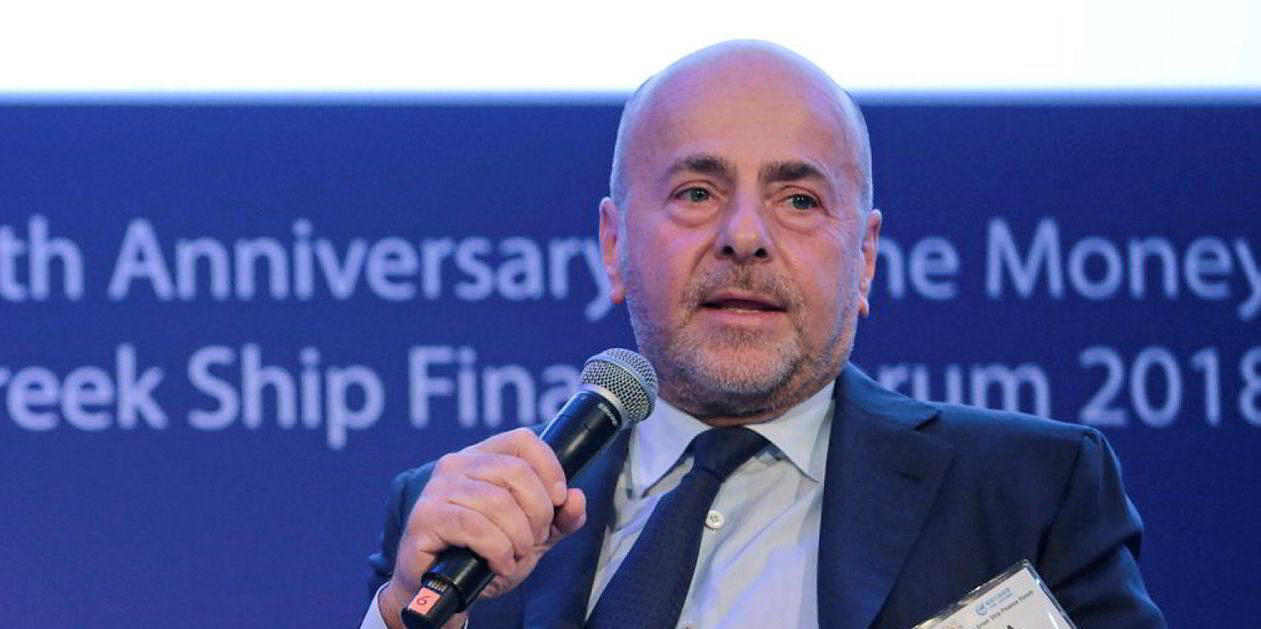Top brass at Braemar Shipping Services are attempting to find out why a vote to approve the company's remuneration report attracted a sizeable rebellion.
At the UK shipbroker and shipping service provider's annual general meeting on Wednesday, the report passed on a vote of only 66%. That contrasts with levels of support of upwards of 97% for other agenda items, like re-election of directors and share buyback authorisation.
Oddly, a separate vote to approve directors' pay itself came back with 97.5% approval.
The company told TradeWinds there did not appear to be anything unusual in the vote, which came from a number of nominee accounts.
London-listed Braemar is now trying to get to the bottom of what is going on, and to find out whether the votes came from just one shareholder or several.
Announcing the results, the company said that it had noted the votes against the remuneration report.
"The board is working to identify and understand the reasons behind these votes and will look to engage with the company's shareholders as appropriate in relation to the matter," Braemar added.
Dilution for investors?
The only other items to suffer any kind of negative reaction were related to the scrapping of pre-emption rights — the ability of existing shareholders to have first go at buying any new shares issued.
These measures were only carried with 82% and 83% in favour as investors opposed further dilution of shareholdings, TradeWinds is told.
TradeWinds also understands there has been disquiet among some shareholders about the scrapping of the dividend in April while the company is still paying out bonuses to shareholders. But this is said to be a separate issue and not connected to the remuneration report.
One industry source said: "It will be interesting to see what they do about the interim dividend. They have to be very careful here."
The remuneration report itself appears largely uncontroversial.
Incentives considered
In it, the remuneration committee reiterates its aims for the company to be "market competitive" on pay, with awards being "proportional and aligned to performance".
The policy is also designed to be "simple and transparent" and "aligned to shareholders and culture and risk appetite".
The main area for consideration in the 2019-2020 period was executive incentives.
Previous chief executive James Kidwell, who left last year, and chief financial and operating officer Nick Stone participated in the annual performance-related bonus arrangements, Braemar said.
Stone’s maximum annual bonus opportunity was set as 100% of his salary upon joining in 2019.
The committed decided he would receive a bonus of 56% of this figure based on performance in the last financial year.
Kidwell rewarded
And the report said: "The remuneration committee exercised its discretion in considering James Kidwell’s bonus at the time of his departure and determined that a cash bonus be awarded based on 20% of base salary and reflecting the successful completion of the AqualisBraemar transaction."
Stone and Kidwell were also granted long-term stock incentives at a level of 100% of salary
The committee also decided to award Kidwell £25,000 ($32,800) in lieu of long-term share incentives when he left.
And it reviewed Stone's salary after he added the COO role in the summer, increasing his base salary to £250,000.
There was no increase to the fees paid to executive chairman Ron Series.
Large Braemar shareholders include Quentin Soanes, who left the company to start his own brokerage in 2013.
In March 2019, he bought extra shares after former Eastern Pacific chief executive Steve Kunzer joined the board.
A filing to the London Stock Exchange shows Soanes boosted his holding in Braemar from 3.92% to 4.10%.
He is not the only former Braemar executive among the leading shareholders in the company.
Former chief executive and co-founder Alan Marsh controls more than 3% of the stock.
Major shareholders also include Downing, Chelverton Asset Management, Hargreaves Lansdown, Charles Stanley & Co and Barclays.
And Braemar is not the first broker to run into potential trouble with investors over pay.
Clarksons quells pay revolt
In May, London-listed rival Clarksons won renewed support for its controversial pay policy as it headed off a shareholder revolt by sending out directors to talk to rebels.
Its new remuneration scheme gained more support at the AGM in London this year than it did in 2019.
The company said investors voted 67.06% in favour of the policy, against only 51.49% last year.
The contracts of chief executive Andi Case and finance and operations chief Jeff Woyda had become a bone of contention among some shareholders.
They date back 14 years and differ from current norms for listed companies, Clarksons has admitted. They reflect the fact Case is still a big fee-earning broker, for example.
The new policy keeps those terms in place, but new hires will face more traditional corporate deals.






